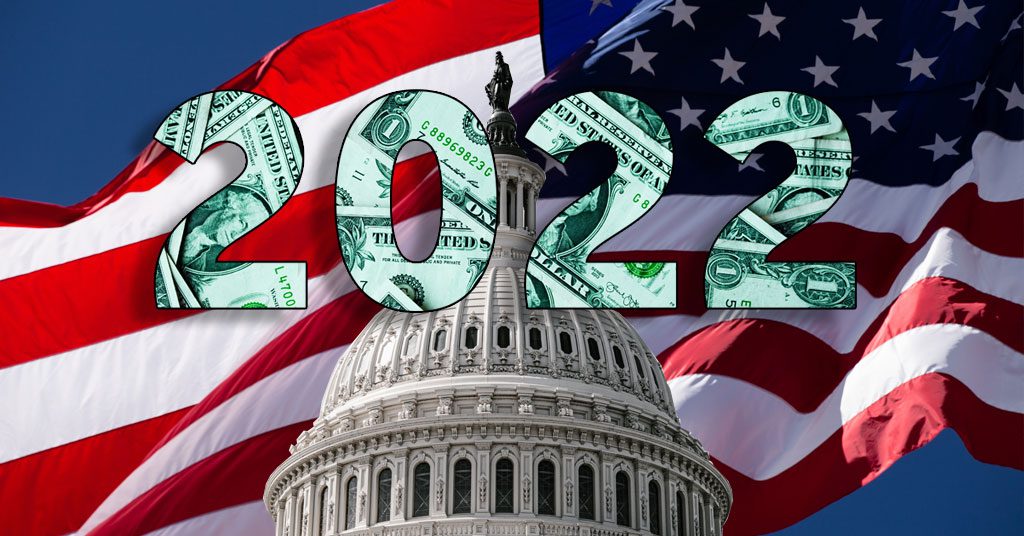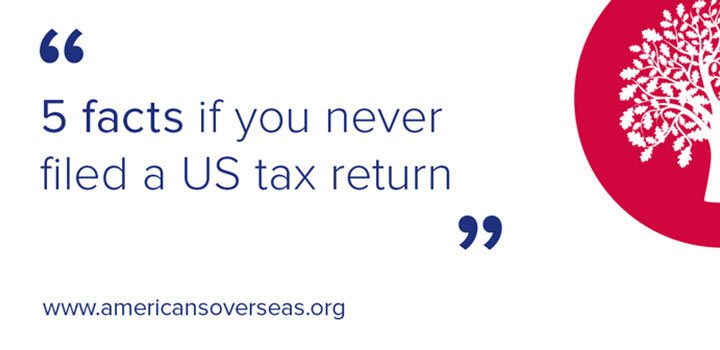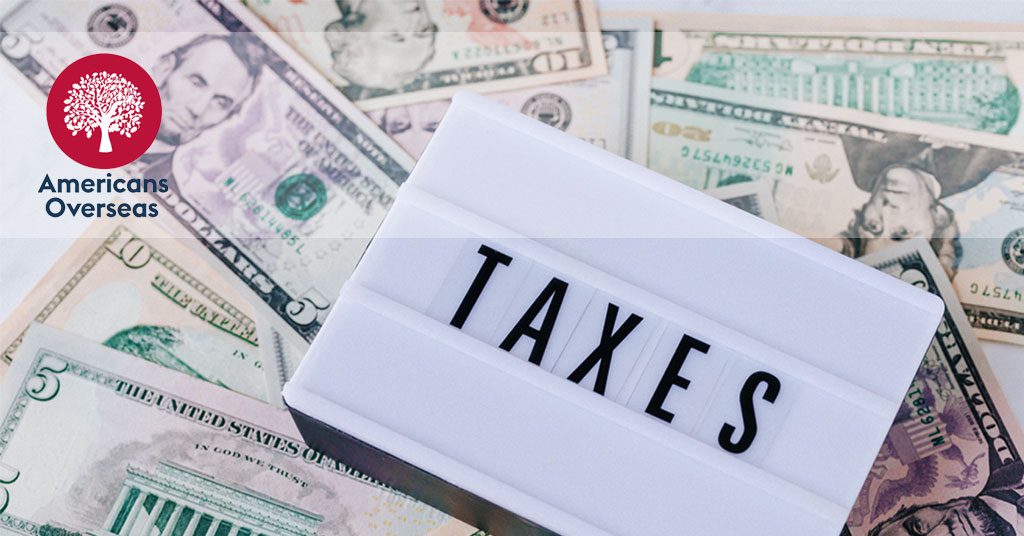
USA Double Taxation

Dutch Americans are at risk of paying taxes both in the Netherlands and the US; double taxation. During an interview with Dutch radio NPO 1 Daan Durlacher of Americans Overseas, explained how this can happen.
Daan Durlacher: I was born in Apeldoorn in the Netherlands but because I have an American mother, I am considered an American citizen. I pay my taxes in the Netherlands and in America as well. I have to file in America. In my case, as an entrepreneur, this has led to double taxation. And a hefty amount too.
You would think that this is impossible. There is a treaty between the Netherlands and America to avoid double taxation. In actuality, this treaty does not correspond to reality. There are many unpleasant and painful gaps in the treaty.
The most common one is, for example, the sale of your house in the Netherlands. In the Netherlands, they do not tax profits, but America does. So Dutch Americans must pay tax on the excess value of their home.
This also applies to shares you may own for your pension plan. In the Netherlands, you pay a so-called property tax and in America, you pay tax on the actual profits of those shares. Again: double taxation.
Punishable if you do not file your taxes
Many Dutch with US citizenship do not know this. When I heard about this by accident, it scared the living daylights out of me and I tried to figure it out. I was lucky that Michael Littaur was the one that told me, he helped me enormously.
That gave us the idea to start Americans Overseas to inform people because people just do not know. The official authorities, both Dutch and the US, do not actively publicize this information. People are scared. If they do not file their taxes, they are punishable in America. This is a situation you do not want.
The biggest problem: on the one hand you must file your taxes, and on the other, a duty to report all the bank accounts you have in the Netherlands to America. If you do not do this, you are committing a criminal offense and that can be easily fined in America. Unfortunately, this already happens.
FATCA and double taxation US
Some people might think: I know this information now but I am not going to file because then they will not find out, but this is not the case. The Dutch government signed a treaty with America called FATCA.
FATCA ensures that all Dutch financial institutions, banks but also insurance companies, must identify whether they have Americans among their customers, including people with dual nationality. If this is the case, then they are obliged to transfer all data (name, address, place of residence) but also the balance on the bank accounts, to America.
The bank must also ask those people for a so-called Social Security Number (SSN). However many Americans living in the Netherlands do not have this number.
The application process for the Social Security Number (SSN) is problematic and complicated. You cannot file your tax in America without this number but the waiting time to obtain a Social Security Number has at this moment increased to between six to nine months. So in those months, you are a sitting duck.
Amnesty Program
There is yet another difficulty for the eight million Americans worldwide living outside America. The US government has an amnesty program(Streamlined Procedure), which ensures that if you can explain that you did not know you had to file your taxes in America, you can fulfill your obligation without the risk of fines.
However, if you have to wait nine months, you of course run the risk that the amnesty program lapses, and then you are in the wrong. Another problem is that the Dutch banks will not wait nine months for your Social Security Number.
America can then place a tax penalty on your failure to file all your bank accounts; the penalty can be up to 50% of the highest balance level of that year, so that is very tough.
That is why we from Americans Overseas made it our goal to inform people so that all these problems do not become overwhelming and that appropriate action can be taken on time
Avoid USA double taxation
We, the founders of Americans Overseas, were born in the Netherlands and obtained our American nationality through our (American) mother.
When we heard about the US tax system for the first time around 2013, we were in total disbelief (it can’t be true!), anger (how can they do this?), fear (am I going to get fined or pick up other problems?), and panic (what should I do?). It is (unfortunately) true that there is an additional American tax levy. But there’s no information from the local government, and when approached, the consulate referred us to the IRS, and the IRS was impenetrable.
That’s why we started this initiative to help people from all over the world by providing proper information about the US tax system to avoid unnecessary panic and offering help free of obligation and free of charge. If needed, we have a network of affordable professionals (accountants) who can help you with your bitcoin tax obligations.
Americans Overseas helps Americans living abroad to become US tax compliant in an organized way and avoid unnecessary double taxation. Based on your situation, we introduce you to the appropriate US tax advisor in our AOS network who will make you a tailor-made offer to help with your tax filings free of charge and free of any obligations.
Contact us for more information
Frequently asked questions
Understanding the US tax system, the obligations, and all the additional terms can be difficult. Especially if one lives outside of America. Is your question not answered? Contact us.
-
Who is required to file taxes in the US?
U.S. citizens and resident aliens who live abroad are generally required to file a federal income tax return and pay taxes on their worldwide income.
Read more... about Who is required to file taxes in the US? -
Do US citizens living abroad still have to file taxes in the US?
Yes, US citizens are required to file taxes on their worldwide income, regardless of where they are living.
Read more... about Do US citizens living abroad still have to file taxes in the US? -
How can I cash my US check?
Received an American check? You can cash your check in the following ways: cash the check at your own bank, transfer to another person (endorsement), cash checks using an online service or cash the check by another bank.
Read more... about How can I cash my US check? -
Are there any special tax forms required for US citizens living abroad?
US citizens living abroad may be required to file Form 2555 and/or Form 1116 to claim the foreign-earned income exclusion.
Read more... about Are there any special tax forms required for US citizens living abroad? -
What is FBAR filing?
FBAR (Foreign Bank Account Report) filing is the requirement for certain U.S. individuals and entities to report their foreign financial accounts to the Financial Crimes Enforcement Network (FinCEN) of the U.S. Department of Treasury. The FBAR filing requirement applies to U.S. persons who have a financial interest in, or signature authority over, one or more foreign financial accounts if the aggregate value of those accounts exceeds $10,000 at any time during the calendar year.
Read more... about What is FBAR filing?





